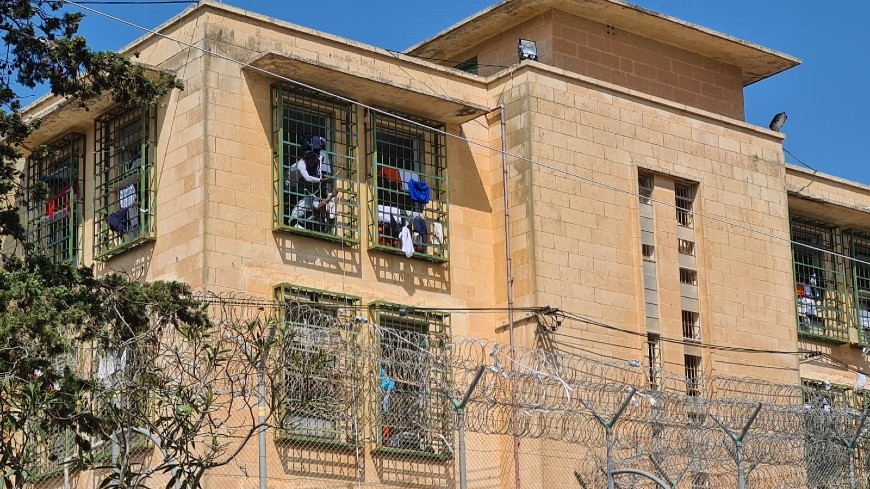On 10 March 2021, the Council of Europe’s Committee for the Prevention of Torture and Inhuman or Degrading Treatment or Punishment (CPT), published a report on its ad hoc visit to Malta focussing on immigration detention, which took place from 17 to 22 September 2020, together with the response of the Maltese authorities. In the report, CPT urged the Maltese authorities to change their approach towards immigration detention and to ensure that migrants deprived of their liberty are treated with both dignity and humanity. The CPT acknowledged the significant challenges posed to the Maltese authorities by the arrival of increasing numbers of migrants, exacerbated by the Covid-19 pandemic. Nonetheless, this situation cannot absolve Malta from its human rights obligations and the duty of care owed to all migrants deprived of their liberty by the Maltese authorities.
Overall, the CPT found an immigration system that was struggling to cope: a system that purely “contained” migrants who had essentially been forgotten, within poor conditions of detention and regimes which verged on institutional mass neglect by the authorities. Indeed, the living conditions, regimes, lack of due process safeguards, treatment of vulnerable groups and some specific Covid-19 measures were found to be so problematic that they may well amount to inhuman and degrading treatment contrary to Article 3 of the European Convention on Human Rights.
The carceral design of detention centres such as Hermes Block and the Warehouses at Safi Detention Centre remained totally inappropriate: large rooms crammed with beds, no privacy, and communication with staff via locked doors. Migrants were generally locked in their accommodation units with little to no access to daily outdoor exercise and no purposeful activities. Other deficiencies included a lack of maintenance of the buildings (especially the sanitary facilities), insufficient personal hygiene products and cleaning materials and an inability to obtain a change of clothes. Moreover, there was also a systematic lack of information provided to detained persons about their situation, compounded by minimal contact with the outside world or even staff.
Vulnerable migrants in particular were not getting the care and support they required. Not only were young children and their parents as well as unaccompanied/separated minors being detained, but they were held in very poor conditions, together with unrelated adult men. Clear protection policies and protocols for looking after vulnerable migrants need to be put in place.



